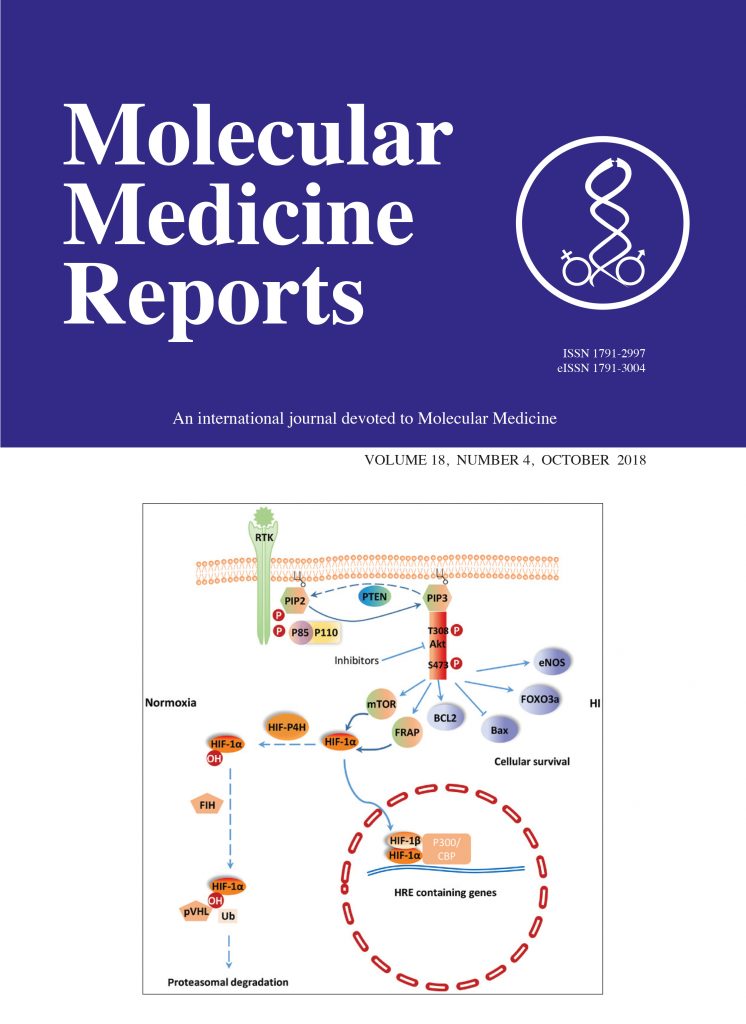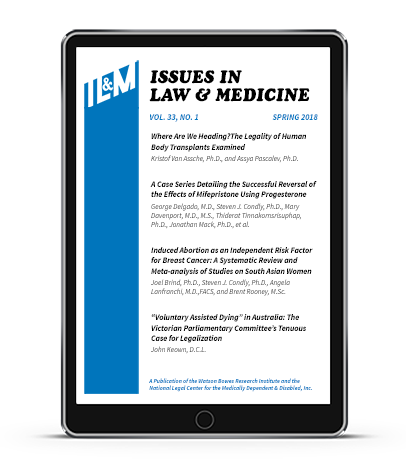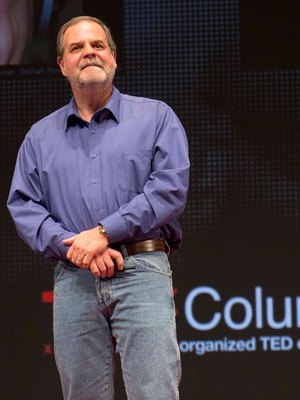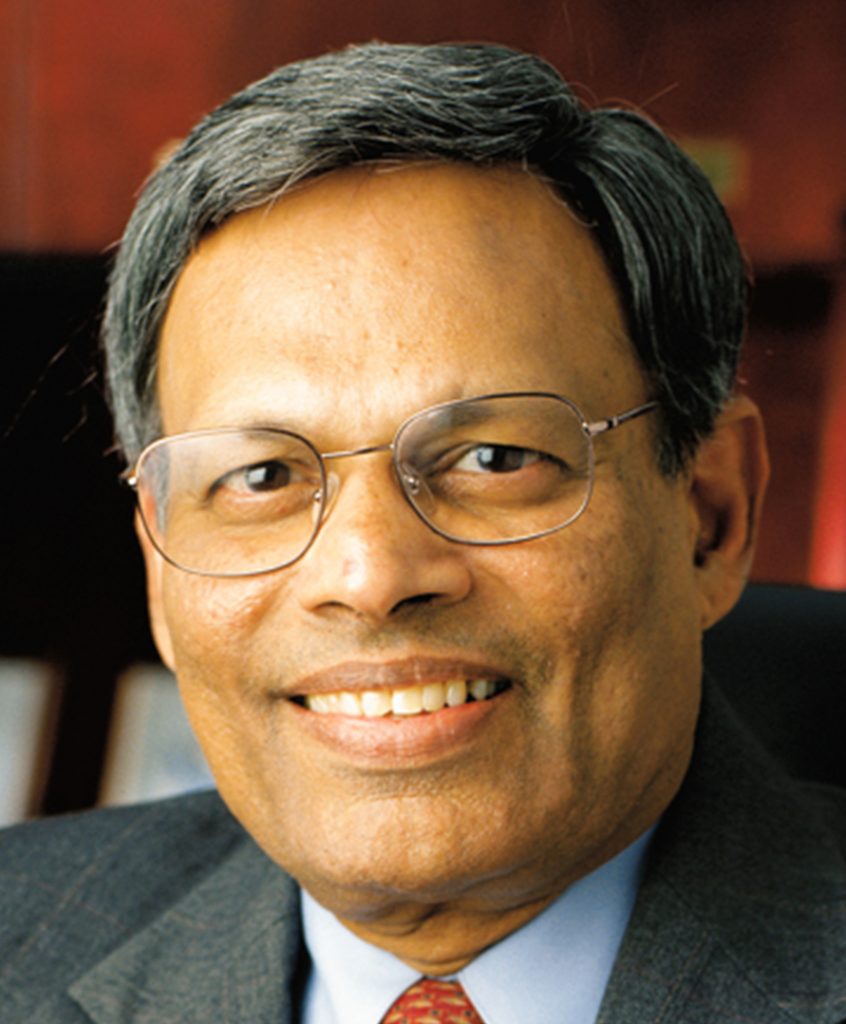
Note: This post has been updated.
Here’s an object lesson for scientists who find out they’ve been ripped off by other researchers: Taking matters into your own hands can produce results.
An aggrieved author’s doggedness led to the retraction of a 2013 paper that plagiarized his work, along with the revocation of a doctoral degree by one of the scientists responsible for the theft and sanctions against another.
We don’t often get the blow-by-blow, but in this case we have the details to share. The story begins in early 2017, when Andrew Boyle, a professor of cardiac medicine at the University of Newcastle, in Australia, noticed something fishy in an article, “Cathepsin B inhibition attenuates cardiac dysfunction and remodeling following myocardial infarction by inhibiting the NLRP3 pathway.” The paper had appeared in a journal called Molecular Medicine Reports, from Spandidos.
The article, published by a group from Shandong Provincial Hospital, contained a pair of figures that Boyle recognized from his 2005 article in the Journal of Molecular and Cellular Cardiology. One of the images had been altered, but the other was a patent duplication.
Boyle explained that: Continue reading Persistence pays off for plagiarized author: emails spur retraction, sanctions against researcher
 Tokyo Women’s Medical University has stripped a researcher of her PhD, following the retraction of a paper — for data duplication — that was based on her thesis.
Tokyo Women’s Medical University has stripped a researcher of her PhD, following the retraction of a paper — for data duplication — that was based on her thesis. A study that claimed a highly controversial “abortion reversal” method was effective — and which was temporarily removed from a journal’s site — has been republished.
A study that claimed a highly controversial “abortion reversal” method was effective — and which was temporarily removed from a journal’s site — has been republished.  A lab at the University of Malaya has lost two papers and will have to correct five more — just from one publisher — over poor lab practices.
A lab at the University of Malaya has lost two papers and will have to correct five more — just from one publisher — over poor lab practices. For the second time in a week, we’ve come across a retraction notice that gave the wrong reason for the retraction.
For the second time in a week, we’ve come across a retraction notice that gave the wrong reason for the retraction.

 The similarities between recent papers in two different journals about energy were striking — so striking that a number of people have
The similarities between recent papers in two different journals about energy were striking — so striking that a number of people have  Last year, an academic society recommended that journals retract nine papers by a researcher in Japan who collaborated with a notorious fraudster. Only two have been retracted.
Last year, an academic society recommended that journals retract nine papers by a researcher in Japan who collaborated with a notorious fraudster. Only two have been retracted.